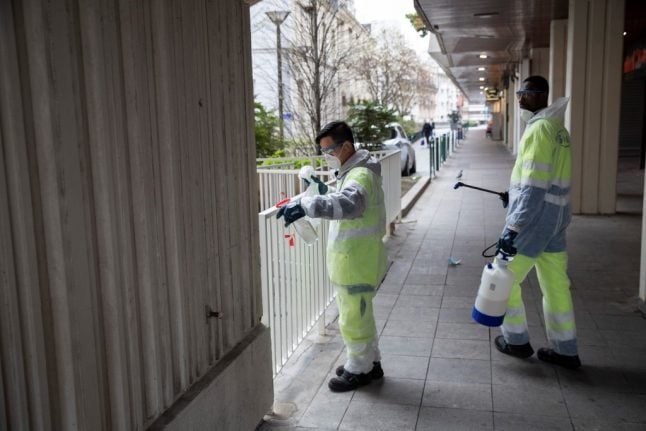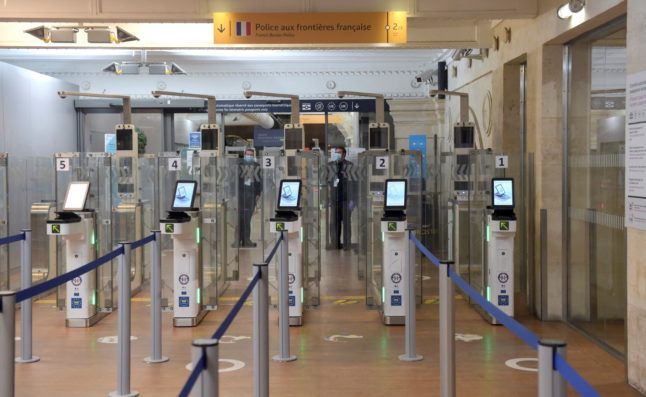The death toll in France had now reached 264.
“We’re doing everything we can to slow down the spread of the virus,” national health director Jérôme Salomon told journalists on Wednesday evening.
A total of 9,134 cases of the coronavirus had been confirmed in France as of Wednesday, raising the number by more than 1,000 for the second day in a row.
Salomon said the number of new cases was doubling every day, adding that testing was only being done on those with breathing difficulties, meaning the real number of infected including those not seriously affected could be far higher.
READ MORE: Coronavirus testing in France: How does it work and who gets tested?
Of the total confirmed cases, 3,626 were in hospital, Salomon said. Fifty percent of the people in intensive care were younger than 60 years old. Seven percent of those who have died were aged under 65.
On the brighter side, 1,000 of the people who were hospitalised had now fully recovered and gone home.
Although around 98 percent of the people who get the virus recover fully, the French government has stressed that the high pressure on the country's already overstretched health workers made the current situation particularly difficult to handle.
France on Wednesday entered the second day of a lockdown ordered by President Emmanuel Macron, which orders people to stay at home and prohibits all non-essential movements.
Prime Minister Edouard Philippe confirmed on Wednesday that the government had asked parliament to for permission to declare a national health emergency to give the executive more power to take drastic measures to combat the coronavirus.
“Our country is going through a health crisis unprecedented for a century,” Philippe said. “We need to take strong measures to warn about, contain and manage the epidemic.”



 Please whitelist us to continue reading.
Please whitelist us to continue reading.
Member comments